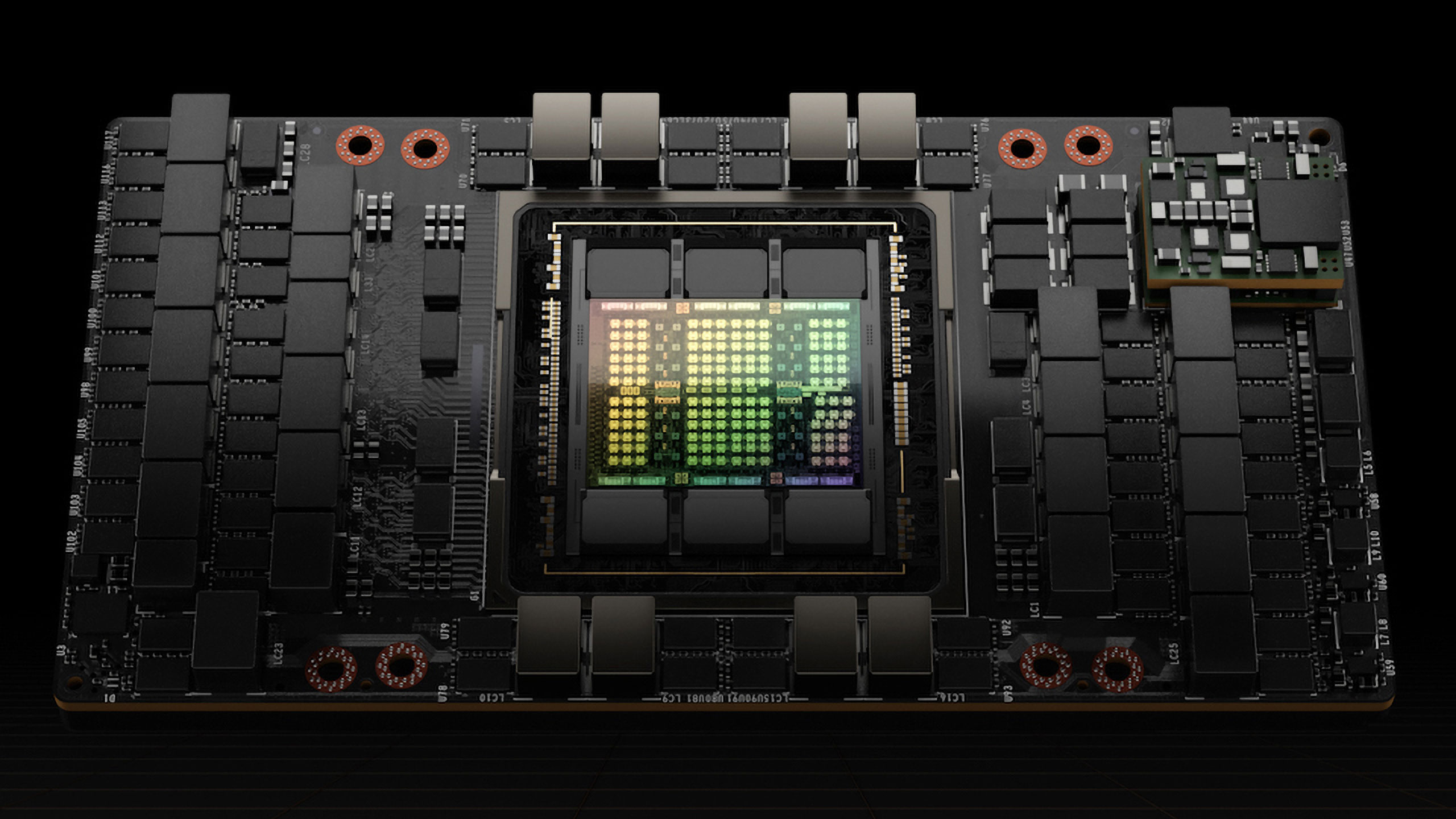U.S. Considers New Restrictions for AI Chip Exports to China
Biden administration may impose stricter sanctions against Chinese AI sector.

The U.S. government is contemplating further restricting sales of artificial intelligence processors to Chinese companies, according to a report by the Wall Street Journal. The Biden administration is reportedly concerned that Chinese firms have access to top-notch AI technologies, either by going through other countries or by leasing hardware from companies such as Amazon.
The U.S. Commerce Department may take prompt action and require companies like Nvidia to first obtain an export license and only then ship their products to customers in China and other potentially problematic nations, the report claims, citing sources familiar with the matter. The new curbs may become effective as early as next month and therefore could have a drastic effect on the finances of Nvidia and other companies that benefit from AI and HPC megatrends.
This strategic move would be the final step in formalizing and broadening the export control procedures unveiled last October. The U.S. Commerce Department did not comment on the report to the WSJ.
In a bid to comply with the existing export rules, Nvidia introduced versions of its popular A100 and H100 compute GPUs — the A800 and the H800 — designed specifically for customers in China with reduced performance and limited communication capabilities. Intel followed suit. But even Chinese bloggers can get the highest-end H100 compute cards, which cost $30,000 – $40,000, possibly by going through other countries.
The U.S. government is also deliberating on the possibility of imposing constraints on the lease of cloud services to Chinese AI firms, reports Bloomberg. These companies have been known to use services offered by cloud giants like Amazon and Micron for training their AI models, according to media reports.
Nvidia earned nearly 60% of its Q1 FY2024 revenue selling datacenter hardware, which includes compute GPUs used for AI and HPC as well as DPUs. China, including Hong Kong, accounted for 22% of Nvidia's sales, Taiwan was responsible for 25% of the company's revenue, and 33% of the company's earnings came from clients originating in the U.S.
Get Tom's Hardware's best news and in-depth reviews, straight to your inbox.

Anton Shilov is a contributing writer at Tom’s Hardware. Over the past couple of decades, he has covered everything from CPUs and GPUs to supercomputers and from modern process technologies and latest fab tools to high-tech industry trends.
-
RedBear87 The implications for Nvidia are serious, I wonder if maybe the US tax payers will get called to compensate for the missing sales with more subsidies.Reply